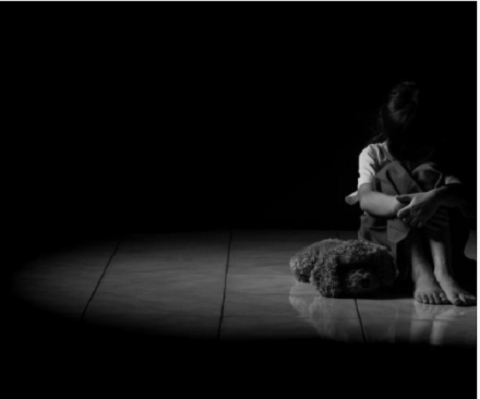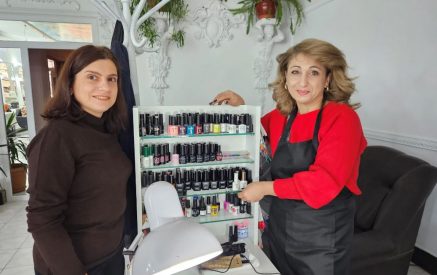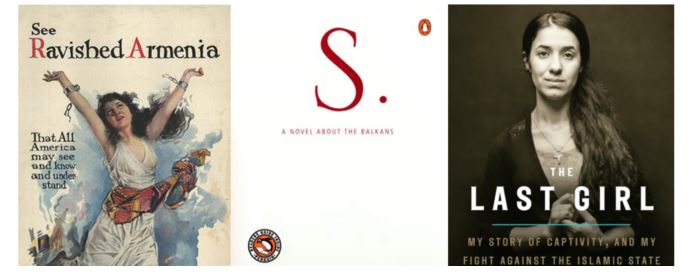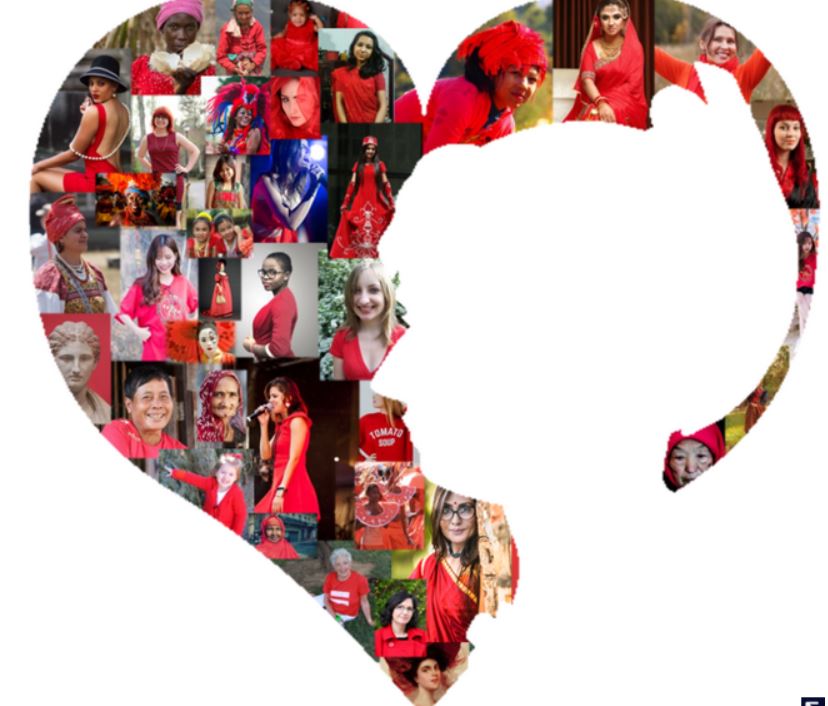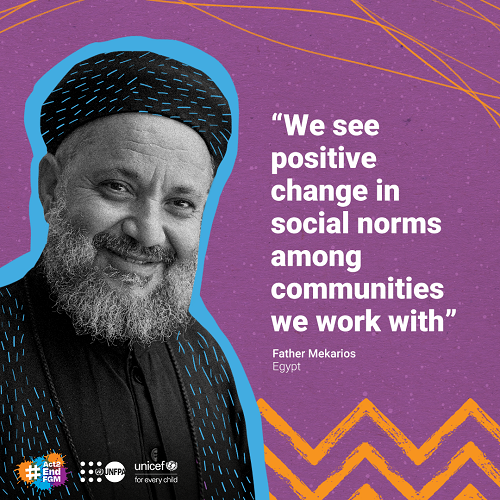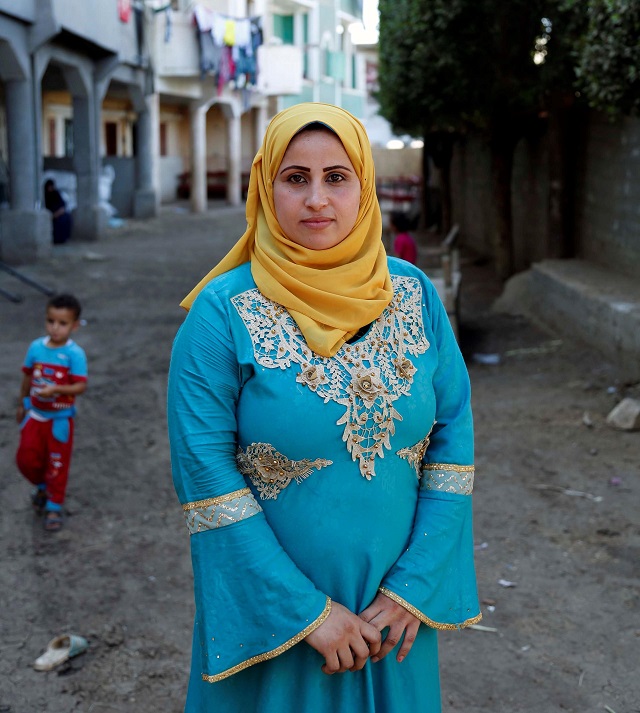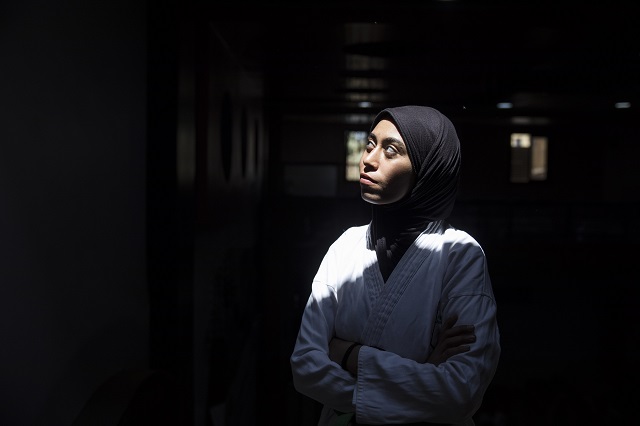In some parts of the world, girls under 18 are circumcised and assumed ready for marriage. Ester recalls that she was very excited and agreed to this “BUT when the day came and already cut, oh God I was like half dead,” she cried. Female genital mutilation is a crime and a violation of human rights. It cannot be justified as a cultural or traditional practice. The practice has been around for more than a thousand years, and continues to persist until this very day, further impacted by the shadow pandemic, disrupting efforts for its elimination. But change is possible, and it is happening.
Female genital mutilation is a violation of the human rights, health, integrity and personal development of girls and women, stripping them off their childhood and excluding them from education. Many people and communities are abandoning female genital mutilation and there is hope that this practice could end in a single generation.
Female genital mutilation has been documented in 30 countries, mainly in Africa, as well as in the Middle East and Asia, and some ethnic groups in South America. Growing migration has also increased the number of girls and women living outside their country of origin who have undergone female genital mutilation or who may be at risk of being subjected to the practice in Europe, Australia and North America.
Prevention of gender-based violence and the protection of survivors is at the heart of the European Union’s equality policy.
Read also
On International Day of Zero Tolerance for Female Genital Mutilation(link is external), EU High Representative Josep Borrell, Vice-President for Values and Transparency Věra Jourová, the EU’s Equality Commissioner, Helena Dalli, Vice-President for Demography and Democracy, Dubravka Šuica, and International Partnerships Commissioner, Jutta Urpilainen, joined together with an EU statement to reiterate the strong commitment of the European Union to eradicate female genital mutilation worldwide.
“In line with the EU Action Plan on Human Rights and Democracy 2020-2024, the EU Gender Equality Strategy 2020-2025 and the Gender Action Plan III, we are committed to stepping up our actions to end female genital mutilation in Europe(link is external) and globally. For this, we support and work together with survivors, affected families and communities, experts and policymakers to end female genital mutilation.”
The EU is adamant to end this inhumane act of female genital mutilation and supports UNICEF in its educational programmes with UNFPA on women’s and children’s rights and health risks. This is reflected in concrete actions, for example, through the support to the UNFPA/UNICEF Global Joint Programme on the abandonment of Female Genital Mutilation (link is external)through the Spotlight Africa Regional Initiative(link is external), which dedicated €10 million to tackling the practice in 18 partner countries.
The upcoming EU Strategy on the Rights of the Child will make further concrete recommendation to effectively prevent and put an end to female genital mutilation, both inside and outside the EU.
Criminalisation of female genital mutilation is required under the Council of Europe Convention(link is external) on preventing and combating violence against women and domestic violence.
The WHO(link is external) states that “marking the annual International Day of Zero Tolerance for Female Genital Mutilation in the context of COVID-19 is a timely reminder of the health sector’s vital role in ending this violation(link is external) of girls’ and women’s health and human rights.” They go on to explain how access to sexual and reproductive health and rights, including female genital mutilation prevention and care, may be reduced during national lockdowns. Girls and women may become more isolated, and the current strain on health services may reduce vigilance by local authorities, even in countries where there are laws against this harmful practice. These factors may increase girls’ and women’s risk (link is external)of female genital mutilation. WHO strongly affirms that women’s choices and rights to sexual and reproductive health care should be respected(link is external), regardless of COVID-19 or their COVID-19 status.
“Both women and men play a crucial role in abandoning female genital mutilation. Nothing can justify this violence against women and girls, and no one should stay silent.” – EU statement
Hanaa’s Story – Myth-busting female genital mutilation
Through the Joint Programme to Eliminate Female Genital Mutilation in Egypt, UNFPA and UNICEF are working with national partners and civil society organizations in Assiut to combat FGM, with the support of the European Union.
Hanaa is a 29-year-old mother of four. She is keen on correcting misconceptions about FGM within her community in the Upper Egyptian city of Assiut. With no access to social media, Hanaa relies on a word-of-mouth strategy to raise awareness around this harmful practice.
Hegazeya’s story – “I do karate, no one can talk to me, no one can come near me.”
The UNFPA-supported Champions of Change program, developed by Plan International(link is external), seeks to combat gender inequalities and harmful practices through empowering girls and engaging boys.
Hegazeya is a participant of the Champions of Change program, where she was taught how to be assertive and eloquent. This encouraged the 18-year-old Egyptian girl to take up karate which was her chilhood dream, and she has been practicing for a year. She explains that it made her active and healthy, but most importantly, it opened the space up for other girls to follow suit. “As I walked down the streets in my karate uniform, I always used to hear people mocking me,” she says. “People even approach my brothers asking them how they allow their sister to dress like a boy.” Today, Hegazeya walks confidently to practice. “I used to be scared of walking by a group of boys,” she recalls, “but now the boys don’t cross the line with me, when they see me they know Hegazeya does karate.”
Ester’s Story – Surviving FGM and becoming a peer educator
“I was told by my parents that I should go through female genital mutilation to become a mature woman. What I knew and thought of was the bag full of new clothes that I used to see girls receive from their parents and other relatives during the ceremony” recounts Ester. She accepted, totally oblivious that what she was about to experience was in fact a nightmare. When Ester overcame her painful trauma she joined a group of peer educators in Tanzania to educate the community about the effects of female genital mutilation. A number of young women have been empowered and they are now running small business activities like soap and batik making. They also formed a Village Saving & Loan Association (VSLA). – Read Ester’s full story.
Mariam’s Story – “I could see the regret in my mother’s eyes. But it was too late.”
Mariam, born in Djibouti, recounts her traumatic experience when she was only 5 years old. As a young woman she joined a movement to end female genital mutilation in her country and vowed never to do this to her own daughter. However, in Mariam’s absence, her traditionalist mother arranged to have the baby cut and some months later the child died from an infection. “I learned about all of the health problems, the dangers, and that we really do have to end it… for the health of our girls” says Mariam. “I cannot bring my baby girl back, but I can keep it from happening to others… I think now we can use the knowledge gained and stop these harmful traditions.” – Read Mariam’s full story.(link is external)
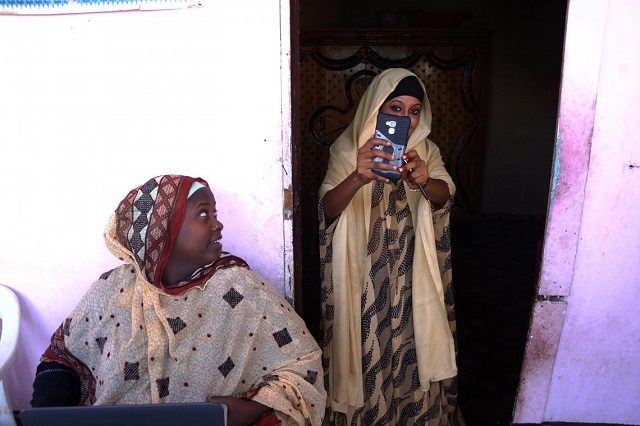
Mariam (left) is now a trained volunteer and works with women to change attitudes and behaviours surrounding FGM
European Union




















































